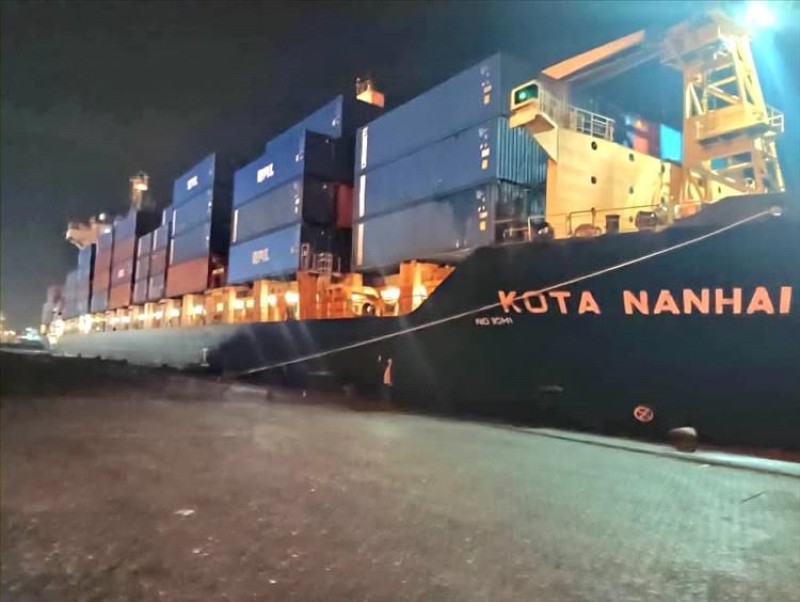Health funding shortages in Yemen put thousands of migrants’ lives at risk


Aden -- COVID-19 has greatly disrupted the journeys of migrants making their way to and through Yemen, where migrant arrivals have decreased by over 80 per cent since the onset of the pandemic. Mobility restrictions have also caused at least 14,500, migrants to become stranded across the country and left destitute in life-threatening conditions.
The International Organization for Migration (IOM) is increasingly concerned about the serious impact that funding shortages could have on the ability of migrants to survive the looming famine and the ongoing pandemic.
IOM's health programme in Yemen is underfunded by USD 30 million and, with such severe financial constraints, the Organization has been forced to refocus its programming and reduce assistance in certain locations. This reduction will be particularly hard felt in cities like Aden and Marib, which host thousands of migrants in dire need of support.
Access to healthcare for migrants across the country is exceptionally limited, often with migrants only able to access support through humanitarian aid provided by agencies such as IOM. In Marib, 84 per cent of migrants currently do not have any access to health care.
"Funding shortages have affected IOM assistance to both migrants and displaced people. Migrants being one of the most vulnerable groups in Yemen, but we are one of the few organizations supporting them," said Christa Rottensteiner, IOM's Chief of Mission in Yemen.
"The limited support for migrants is extremely worrying. For some, the impact of the gaps in the response could be deadly."
These difficulties that migrants face in accessing health care are contextualized in a country where only 50 per cent of health facilities are fully functional and migrants are not entitled to free public health care.
In addition to health care, migrants are in dire need of food, shelter and water. In Marib, 60 per cent of migrants do not have access to food. The situation has deteriorated so much that migrants are putting their lives back into the hands of smugglers who have abused, tortured and exploited them for support to get home to the Horn of Africa, including to Ethiopia and Somalia.
Over 5,600 migrants have travelled by sea from Yemen to Djibouti since May, in a desperate attempt to get home. Some have tragically drowned on their journeys.
"For nearly six years, Yemen has been an extremely unsafe place for migrants. Now, COVID-19 has made their situation worse, as migrants are scapegoated as carriers of the virus and most do not have access to basic assistance," added Rottensteiner.
"We hope the international community will step up and help us assist and protect migrants. We also need to ensure that all plans to respond to this crisis include migrants."
In Aden, IOM is working with the Government of Ethiopia to facilitate the safe voluntary return of stranded Ethiopian migrants. The Organization has registered over 3,800 migrants who wish to return home.
Recently, with IOM support, a delegation from the Government of Ethiopia travelled to Aden to conduct nationality verifications, an important step to resume Voluntary Humanitarian Returns.
While they wait to return, IOM distributes food vouchers to migrants and organizes cash-for-work activities, in collaboration with local communities, in addition to ongoing emergency assistance such as health services, hygiene kit distributions and protection referrals.

Sana’a – The occupied Yemeni capital Sana’a is witnessing mounting economic panic and a sharp collapse in the real estate market…

Aden – The vessel Kota Nanhai departed Al-Mualla Container Terminal at Aden Port this evening after completing the unloading of 457 standard…

Aden — Yemen’s Presidential Leadership Council Chairman Rashad al-Alimi held talks with Central Bank Governor Ahmed Ghalib to review th…